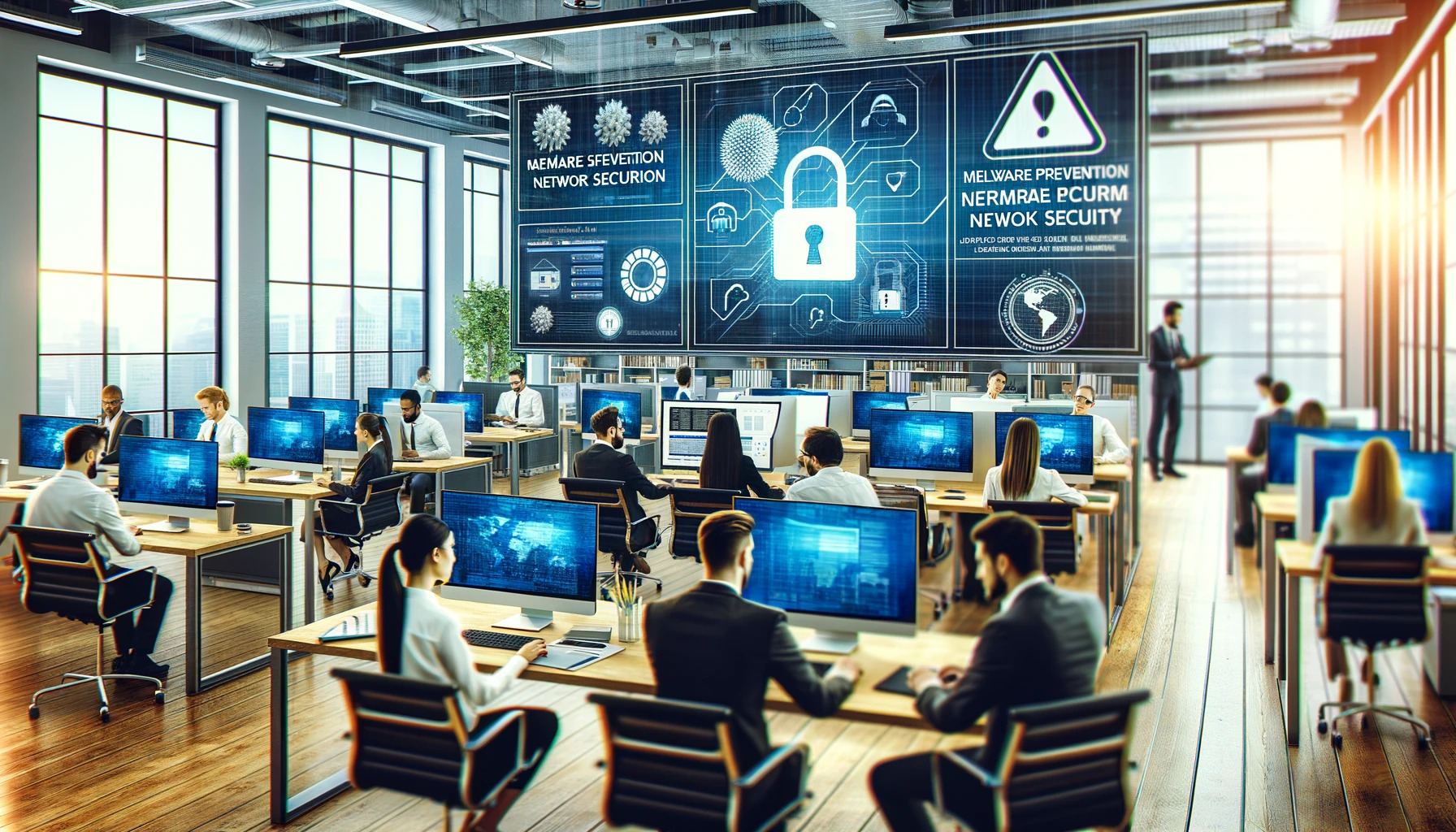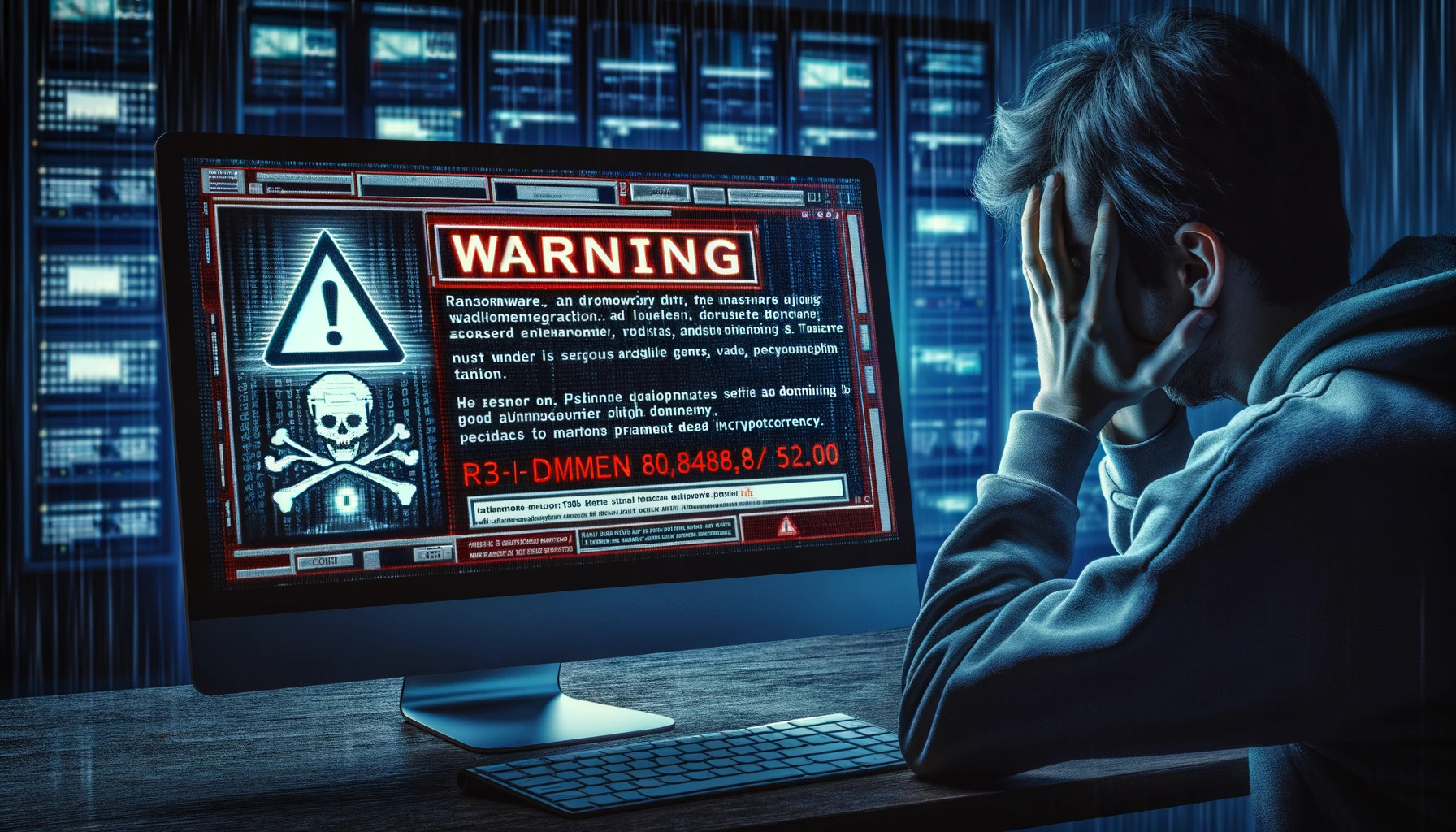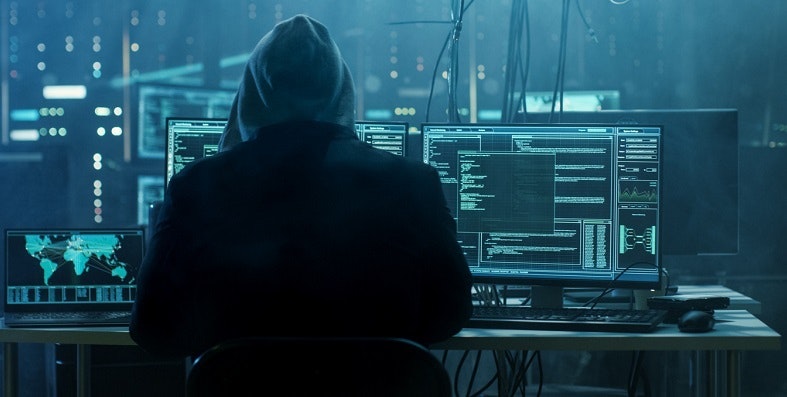Why Passwords Aren't Enough: The Importance of Multi-Factor Authentication
In today's digital age, passwords have become ubiquitous. From logging into your email account to accessing your bank account online, passwords are the primary way we authenticate ourselves to online services. Unfortunately, passwords are not foolproof and are often vulnerable to hacking. In fact, according to the 2021 Verizon Data Breach Investigations Report, 61% of data breaches involve stolen or weak passwords. That's why it's becoming increasingly important to use multi-factor authentication (MFA) to secure our online accounts.
What is Multi-Factor Authentication?
Multi-factor authentication (MFA) is a security process that requires users to provide two or more forms of identification to access a system. The three factors of authentication are:
- Something you know: such as a password or PIN
- Something you have: such as a smartphone or token
- Something you are: such as your fingerprint or facial recognition
Using MFA, you're essentially adding another layer of protection to your accounts. Instead of relying on a single password to protect your sensitive information, you're requiring a second factor, such as a fingerprint or a code generated by an authentication app, to access your account.
Why Passwords Aren't Enough
Passwords have long been the primary way to authenticate online accounts, but they're far from perfect. One of the main problems with passwords is that people tend to use weak or easily guessable passwords, which can be easily cracked by hackers. For example, "password" and "123456" continue to be some of the most commonly used passwords. Even if you use a strong password, it's still vulnerable to phishing attacks, where attackers trick you into giving up your password by posing as a legitimate website or service.
Another issue with passwords is that they can be reused across multiple accounts. If a hacker gains access to one of your accounts, they can use your password to gain access to other accounts you've used the same password for. This is why it's important to use unique passwords for each account, but this can be difficult to manage.
The Benefits of Multi-Factor Authentication
Multi-factor authentication provides an additional layer of protection against these types of attacks. By requiring a second form of authentication, even if a hacker has your password, they won't be able to access your account without the second factor. This significantly reduces the risk of data breaches and identity theft.
MFA also makes it much more difficult for attackers to gain access to multiple accounts if they do manage to crack a password. With MFA, even if a hacker has your password, they won't be able to access your other accounts without the second factor.
Using MFA can also help simplify password management. With MFA, you can use simpler and easier-to-remember passwords, knowing that you have an additional layer of protection.
Types of Multi-Factor Authentication
There are several types of multi-factor authentication available, each with its own advantages and disadvantages.
1 - SMS-based authentication: This involves receiving a code via text message to your phone. The main advantage of this type of MFA is that it's simple and easy to set up. However, SMS-based authentication is vulnerable to SIM-swapping attacks, where attackers convince your phone carrier to transfer your phone number to a SIM card they control.
2 - Authentication apps: These apps generate one-time codes that you enter when logging in. The main advantage of this type of MFA is that it's more secure than SMS-based authentication. However, you need to have your smartphone with you to log in, which can be a hassle.Hardware tokens: These are physical devices that generate one-time codes when you press
3 - Hardware tokens: These are physical devices that generate one-time codes when you press a button. The main advantage of hardware tokens is that they're very secure, as they're not vulnerable to hacking attacks. However, they can be expensive and require you to carry an additional device with you.
4 - Biometric authentication: This involves using your fingerprint, facial recognition, or other biometric data to authenticate yourself. The main advantage of biometric authentication is that it's very convenient and doesn't require you to remember passwords or carry additional devices. However, it can be less secure than other forms of MFA, as biometric data can be stolen or faked.
Choosing the Right Multi-Factor Authentication Method
When choosing a multi-factor authentication method, it's important to consider your needs and the level of security required for your accounts. For example, if you're a business owner, you may want to use hardware tokens or biometric authentication for your employees, as these methods provide the highest level of security. On the other hand, if you're just securing your personal email or social media accounts, SMS-based authentication or authentication apps may be sufficient.
Implementing Multi-Factor Authentication
Implementing multi-factor authentication is relatively simple and can be done for most online accounts. Many popular services, such as Google, Facebook, and Microsoft, offer MFA as an option. To enable MFA, simply go to your account settings and follow the prompts to set it up. You may need to download an authentication app or register a phone number to receive codes via text message.
Conclusion
In today's world, passwords alone are not enough to protect your online accounts from hacking and data breaches. Multi-factor authentication provides an additional layer of security that significantly reduces the risk of unauthorized access to your accounts. By requiring a second factor, such as a fingerprint or authentication code, MFA makes it much more difficult for hackers to gain access to your sensitive information. So, whether you're a business owner or an individual user, it's important to consider implementing multi-factor authentication to protect your online accounts.
Keywords:
Passwords, Multi-factor authentication, Online security, Authentication, Two-factor authentication, SMS-based authentication, Authentication apps, Hardware tokens, Biometric authentication.Recently Updated Posts








